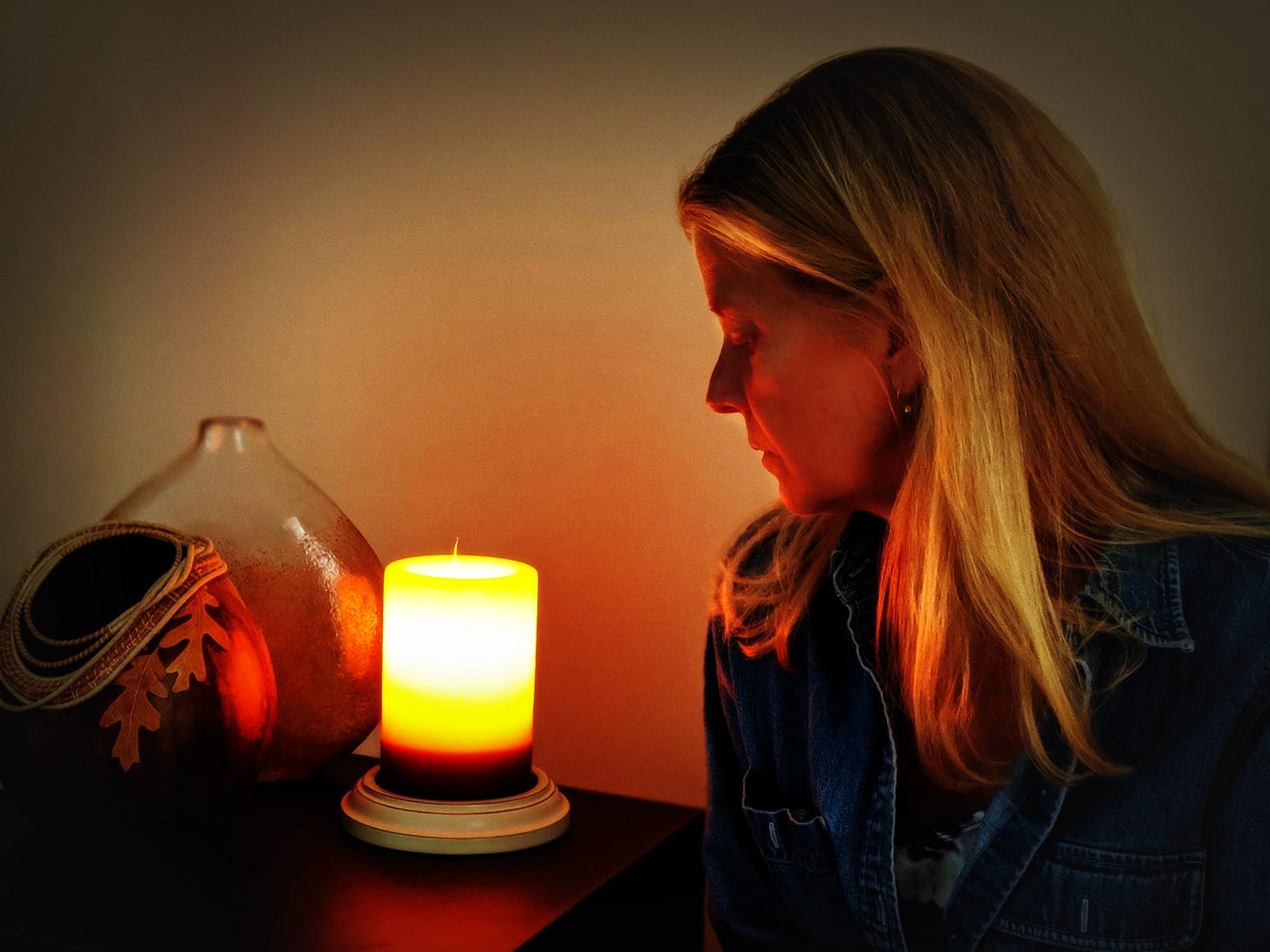Transferring the Blues
Can depression be transmitted by microbes?
Last week, we talked about some compelling evidence that microbes and mood are inextricably related. But do microbes affect mood, or does mood affect microbes?
A study by the prolific partners Cryan and Dinan helps to address these issues. They called it "Transferring the Blues", and yes, I stole their title. In 2016, along with collaborators including John Kelly, Catherine Stanton, and Gerard Clarke, they performed a fecal transplant. That’s where poop from a donor is put into a recipient, typically to cure a deadly C. diff infection. It sounds icky, but if you are dying from a C. diff infection, you will quickly overcome your qualms.
The twist? They transplanted feces from depressed people into rats. When they did, the rats became anhedonic and anxious, the rat version of depression. The study showed that microbes could cause a change in behavior and induce depression – and it works across species.
They also provided some possible mechanisms.
In both the depressed humans and rats there was a breakdown in the processing of tryptophan to serotonin, limiting this important neurotransmitter in the gut.
They found that a depressed microbiota was a less diverse microbiota. The bacteria that were diminished in the depressed microbiota were the good guys, and are likely psychobiotic candidates, including Prevotella and Dialister genera.
They showed that nerve cells have receptors to directly detect bacteria, making them act like wired-up immune cells, closely involved with the initiation of central nervous system inflammation.
Scientists have since found that the nerve mesh that surrounds the gut — the enteric nervous system — makes contact with bacteria through specialized cells that allow messages to reach the brain through the vagus nerve. Underscoring that connection, if you cut the vagus, several psychobiotic actions are extinguished.
This study showed fecal microbial transplants can alter mood in a rat, but the case for humans is still unsettled. Fecal transplants are typically only done for people with severe C. diff infections. All samples are routinely screened for pathogens, but Cryan suggests that donors should be screened for depression as well, just in case. Clinical trials using FMT capsules (popularly known as crapsules) to treat depression are underway.
For such an unusual hypothesis, skepticism is warranted. There are still many questions unanswered. Fortunately, new human studies are buttressing the psychobiotic theory. Trials with healthy women show an increase in stress resilience in those consuming probiotic yogurt. And a large-scale Flemish study this year indicated that specific microbes are associated with less depression and a significantly improved quality of life. It's probably time to bring the microbiota into the psychiatrist's purview.
What to do?
Of course, there are many reasons people get depressed. Poor health, death of a loved one, and financial problems are just a sampling. It's not all up to microbes! Genes are involved as well. But even here, most of the relevant genes are related to components of the immune system, reinforcing the role of microbes. Your gut may determine how well you can tolerate stress, and a balanced microbiota seems to moderate anxiety.
Psychiatrists should take advantage of this research. Dr. Dinan has added these simple protocols to his psychiatric toolkit:
Ask your patients about gut problems. Depression is strongly comorbid with IBS and IBD.
You might want to look at blood levels of inflammation.
Recommend better diets (see below).
Test probiotics or prebiotics with patients who are averse or refractory to psychoactive drugs.
Psychobiotics are unlikely to replace antidepressants, but they can be excellent adjuvant therapies, helping to lower the dosage or the number of drugs used in treatment.
If you are a psychiatric patient, look to your gut:
Fiber and polyphenols are preferred foods of your beneficial bacteria, so eat foods like artichokes, asparagus, broccoli, leeks, and dark-colored leafy greens.
Exercise to improve the diversity of your gut microbiota.
Avoid unnecessary antibiotics. They can be lifesavers, but they are useless against viruses and may damage your gut microbiota.
Get plenty of sleep and try to synchronize with normal day-night cycles. Your bacteria have circadian cycles too and it helps if you can coordinate with them.
For a lot of depression, microbes may be the main actors. Dealing with them may banish the blues, often without psychoactive drugs and their attendant side effects. What are you waiting for?
References
Kelly, John R., Yuliya Borre, Ciaran O’ Brien, Elaine Patterson, Sahar El Aidy, Jennifer Deane, Paul J. Kennedy, et al. “Transferring the Blues: Depression-Associated Gut Microbiota Induces Neurobehavioural Changes in the Rat.” Journal of Psychiatric Research 82 (2016): 109–18.
“Fecal Microbiota Transplantation in Depression - Full Text View - ClinicalTrials.Gov.” Accessed July 12, 2019. https://clinicaltrials.gov/ct2/show/NCT03281044.
Tillisch, Kirsten, Jennifer Labus, Lisa Kilpatrick, Zhiguo Jiang, Jean Stains, Bahar Ebrat, Denis Guyonnet, et al. “Consumption of Fermented Milk Product With Probiotic Modulates Brain Activity.” Gastroenterology 144, no. 7 (June 1, 2013): 1394-1401.e4.
Valles-Colomer, Mireia, Gwen Falony, Youssef Darzi, Ettje F. Tigchelaar, Jun Wang, Raul Y. Tito, Carmen Schiweck, et al. “The Neuroactive Potential of the Human Gut Microbiota in Quality of Life and Depression.” Nature Microbiology 4, no. 4 (April 2019): 623–32.


